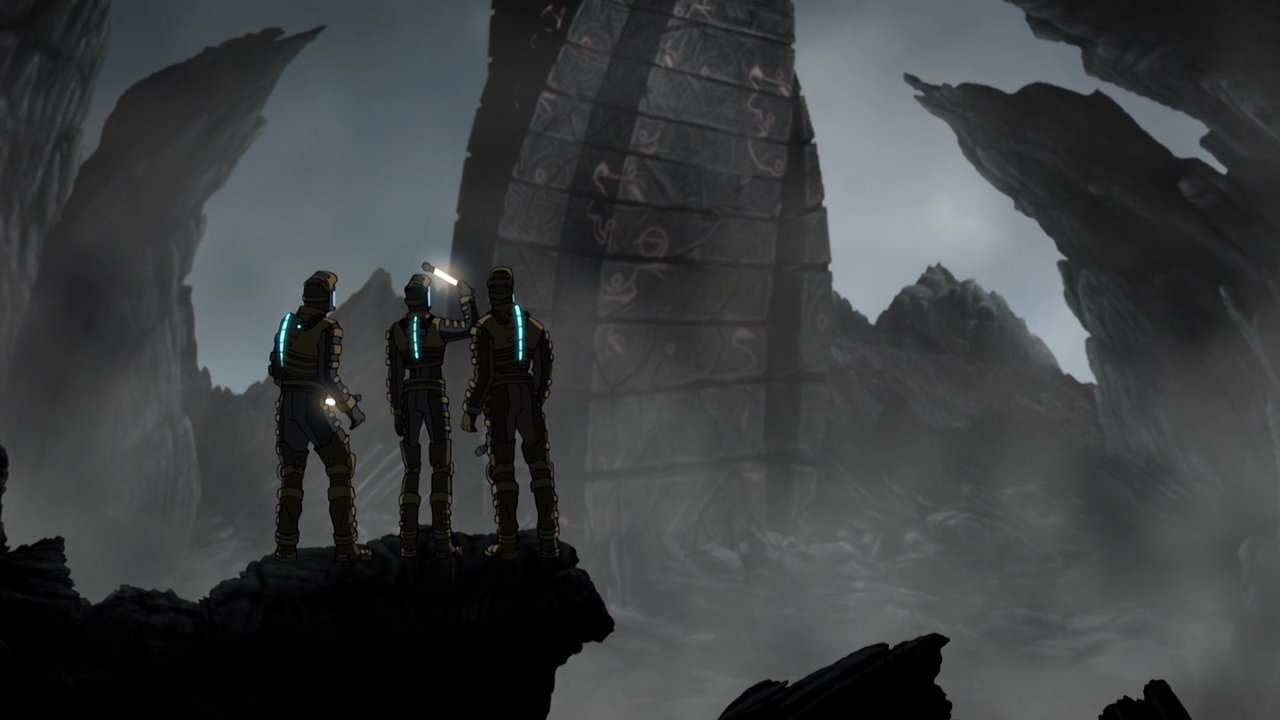
Nasa concedes that the attempt to make contact through the huge dish antenna in Canberra is a long shot.

The spacecraft is so far away that even at the speed of light, software commands sent from Earth take 18 hours to reach the probe. The next hope of making contact with the spacecraft will come this week when the Canberra dish, part of Nasa’s deep space network, beams the correct command in the direction of Voyager 2 in the hope of reaching the probe’s antenna, according to the space agency’s Jet Propulsion Laboratory in Pasadena, California. While the heartbeat signal has reassured Nasa that the probe is still working, it is not yet responding to new commands. It remains the only spacecraft to study all four of the solar system’s giant planets at close range.

Voyager 2 hurtled into interstellar space in 2018 after discovering a new moon around Jupiter, 10 moons around Uranus and five around Neptune. In 2012, it became the first probe to enter interstellar space and is now the most distant spacecraft ever built. Voyager 1 is still in contact with Earth and nearly 15bn miles away. The twin probes were launched within a couple of weeks of one another to explore the planets and moons of the outer solar system.

Nasa engineers working on the Voyager 2 spacecraft before its launch in 1977.


 0 kommentar(er)
0 kommentar(er)
